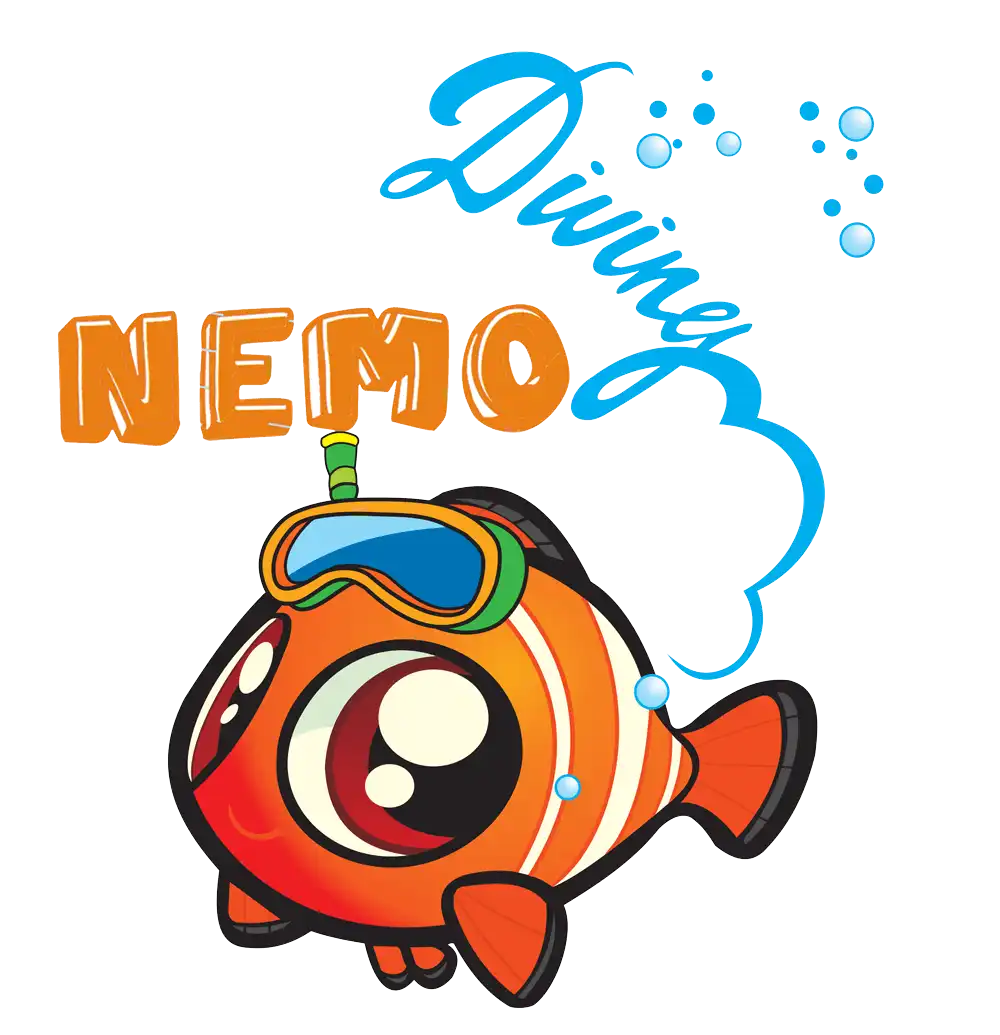
Marsa Alam used to be a small fishing port but with the construction of the International Airport in 2001, the area became more accessible to tourists. It didn’t take long for Marsa Alam to blossom into a popular diving destination in the Red Sea, Egypt. Known for its pristine reefs and more than 200 species of corals, this thriving diving site is home to amazing marine life including 1,200 species of bony fish.
Interested in going scuba diving in Egypt? Get in touch with our dive shop Dubai about our trip schedules. Here are some of the incredible marine life that you can encounter when you dive in Egypt.
The waters of Marsa Alam are a favorite playground of bottlenose dolphins and spinner dolphins. They also love following dive boats. Did you know that these species are thought to be some of the smartest marine creatures because of their ability to send messages to one another in various ways? For instance, they can use sounds like squeaking and squawking to get the attention of fellow dolphins. They also use body language to communicate such as blowing bubbles in the water, slapping their tails on the water surface, leaping in the air, and snapping their jaws.
It’s an amazing experience to come across these intelligent and social mammals. They are very curious and playful so don’t be surprised if one swims near you. As with any wild animal, it is important to give the dolphins their space and allow them to set their own comfort level. When they feel relaxed, they are more likely to linger and even come near you to satisfy their curiosity. Keep in mind that dolphins have sensitive and delicate skin that can easily be scratched by your nails, dive watch, and other accessories. For safety reasons, it is best not to touch the dolphins and just observe them in their natural habitat.
Hawksbills are often spotted in Marsa Alam where they enjoy feeding on sponges that they find in corals using their narrow and pointed beaks. They can be distinguished from other turtles through the overlapping scales on their shells that form a serrated appearance on the shells’ edges. Hawksbill turtles are currently classified as Critically Endangered by the International Union for Conservation of Nature (IUCN) due to various threats including tortoise shell trade.
If you encounter a marine turtle while diving, you can observe the creature quietly. Do not disturb the turtle’s natural behavior by avoiding sudden movements and noises. These things could scare the turtle away and ruin your encounter. Never chase after a turtle because this can cause the poor creature stress. Also, keep in mind that you are not in a petting zoo so do not touch or feed sea turtles.
The stonefish, which is a distant relative of lionfish and scorpionfish, are found in these waters. As its name suggests, this type of fish resembles lumps of rocks or corals. They are poor swimmers and tend to bounce along the seafloor when they move.
Divers are reminded not to touch any part of a coral reef because they might accidentally touch a stonefish. A sting from their dorsal spines is excruciating and in some cases lethal. The stonefish also has a habit of burying themselves in the sand so be extra careful when going in a kneeling position in the sand to take underwater photos.
Two of the common shark sightings in Egypt are the whitetip reef shark and the grey reef shark. These sharks like cruising along Egypt’s reefs. You may also spot scalloped hammerheads and oceanic whitetips at offshore reefs. Whale sharks occasionally visit the area and if you’re lucky you might come across these gentle giants.
These are just some of the marine life that you can encounter when you go diving with us in Egypt but there are more incredible creatures that you can see such as manta rays, Napoleon Wrasse, giant moray eels, and manatees (fondly called sea cows). Aside from Egypt trips, you might also want to learn about our scuba diving Dubai deals. Give us a call or visit our dive shop to know more about our exciting dive adventures.
Experiences
Find the perfect escape
© 2024 NEMO DIVING CENTER
Scuba diving is an exciting and adventurous water sport that offers a chance to explore the beauty of the underwater world and its amazing marine life. The UAE, particularly Dubai, is one of the most popular destinations for scuba diving, attracting divers from all over the world. With its crystal clear waters and diverse marine life, scuba diving in Dubai offers a unique and unforgettable experience.
The cost of scuba diving in Dubai varies depending on the dive center you choose and the type of dive you opt for. On average, a single dive can cost anywhere from AED 250 to AED 550, with the average price for a single dive being around AED 350. This price usually includes all the necessary equipment, such as the dive tank, regulator, and wetsuit, as well as the services of a professional dive guide. At Nemo Diving Center, We offer a wide range of diving packages to suit every budget and experience level.
Diving in Dubai is an incredible experience, and the UAE is home to many dive sites teeming with amazing marine life including colorful soft and hard corals, sea turtles, stingrays, manta rays, moray eels, cuttlefish, octopus, nudibranchs, seahorses, and a plethora of fish species. It is also noted for its incredible dive wrecks that have become rich artificial reefs. These dive sites offer a unique and exciting diving experience, providing a chance to explore sunken ships and other structures that have become havens for marine life.
Come and explore the unique underwater world of Palm Jumeriah in Dubai and incredible dive sites in Fujairah such as Dibba Rock, Sharm Rock, Martini Rock, Snoopy Island, and more. At Nemo Diving Center, we offer dive trips to these amazing dive sites, allowing divers to discover the incredible marine life that has made the wreck its home. We also offer a wide range of other dive sites to choose from, including shallow coral reefs, deep wrecks, and drift dives, providing something for every level of diver.
In conclusion, scuba diving in Dubai offers an unforgettable experience for all levels of diver. With its clear waters, diverse marine life, and incredible dive sites, Dubai is a must-visit destination for any scuba diver. Whether you’re a beginner or an experienced diver, our team at Nemo Diving Center will ensure that you have an amazing time exploring the beauty of the underwater world.
Click one of our contacts below to chat on WhatsApp
Social Chat is free, download and try it now here!
